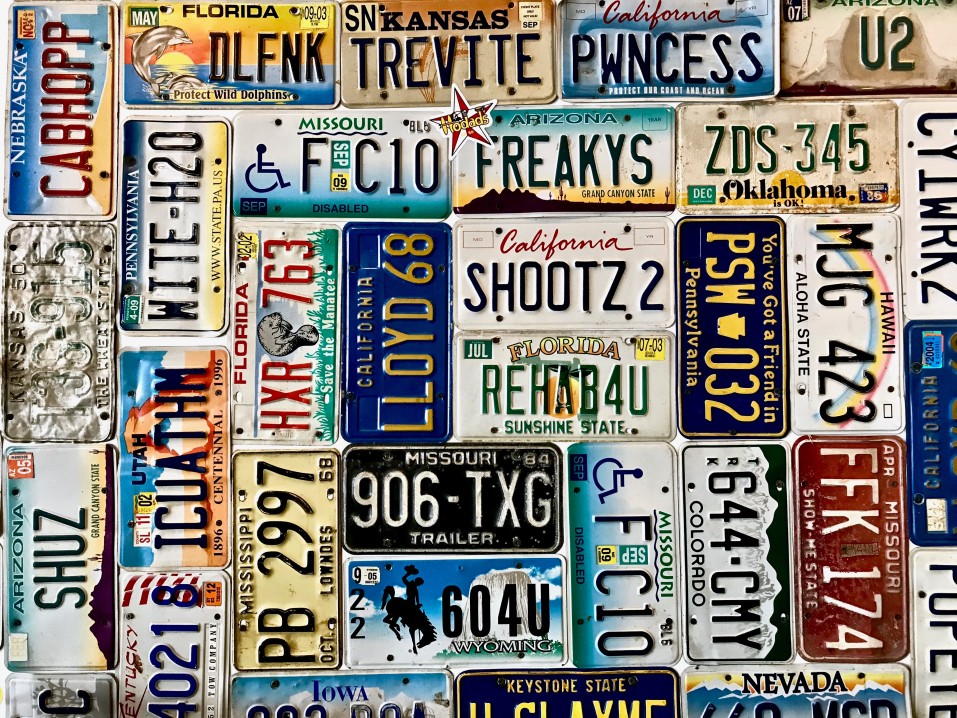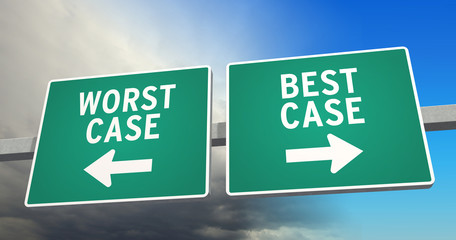With all of this in mind, here’s a part of what New Jersey residents can expect to learn in a defensive driving course when it comes to laws of the road. Like we said in the opening, some you might think are good and others you might not. Have a look:
New Jersey Driving Laws: The Good
Speed Limits

New Jersey is a congested state when it comes to motor vehicles, with many commuting to New York and elsewhere each day. Noting this, and the likelihood of traffic congestion, speed limits are designed to reflect this. For instance, on New Jersey interstates, the speed limit is 55 miles per hour. On highways, it’s typically 65 miles per hour. In most other states, speed limits tend to be at least 5 miles per hour faster.
Honk First

According to New Jersey law, before motorists can pass a bicyclist or skateboarder, they first must honk. It’s a bit of an odd law, but we think it’s a good one. After all, not only are drivers giving fair warning to someone that they’re passing, but depending on how annoying the skateboarder or cycler is acting, the honk can also let out some frustration. Unfortunately, not a lot of people follow this law. We think it’s time to change that. Honk away everyone!
New Jersey Driving Laws: The Bad
Early-Bird Driving Laws

There are two steps that New Jersey drivers must pass to get their basic driver’s license: a permit period and a provisional period. Drivers must drive supervised with a permit for six months before they can move on to the provisional license stage, which consists of one year of unsupervised, yet restricted, driving. In order to receive a basic driver’s license, where there are no restrictions, drivers must have completed both the permit and provisional stages without incident and be 18 years old. We like the emphasis on experience and safety, but some drivers might not like the restrictions during these various stages.
It’s Illegal to Frown at a Police Officer

We’re guessing that this one doesn’t get enforced too much, but it’s still an odd one. We can’t imagine too many people are happy when they get pulled over for a traffic citation.
Intoxication Means No Personalized Plates

We’re all about giving drivers second chances and helping them learn from their mistakes. So that’s why we think it’s silly that a driver that’s been convicted of driving while intoxicated can never apply for or receive a personalized license plate. Like we said, everyone makes mistakes – and while driving while under the influence is certainly a very serious one, this law seems a little bit harsh.
Regardless of your take on any of these New Jersey driving laws in this piece – or any other laws that we didn’t mention in here – it’s important to keep in mind that laws are in place for a reason. Usually, that reason is to keep motorists and pedestrians safe. In our New Jersey defensive driving course, we’ll cover these laws and more. Contact us today for more information.

 Live Chat
Live Chat






